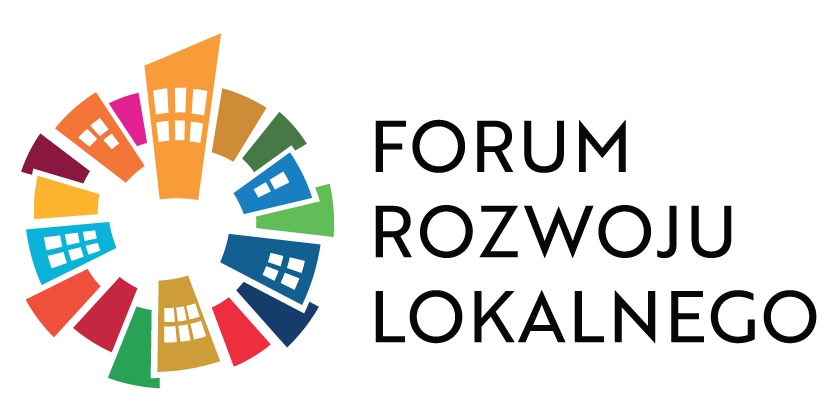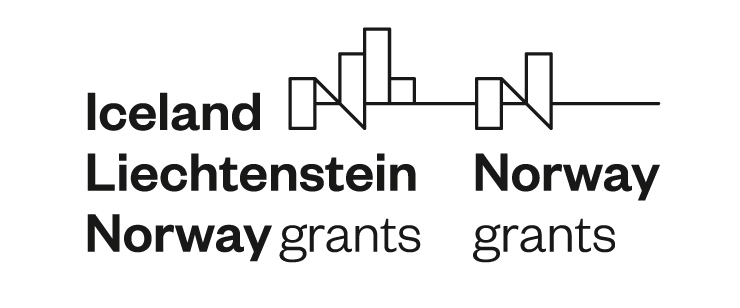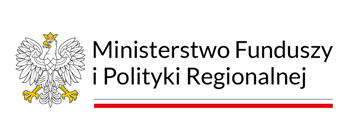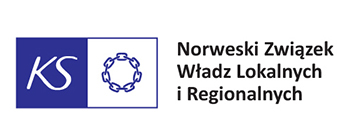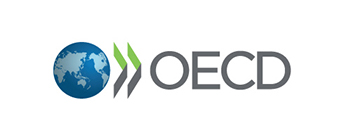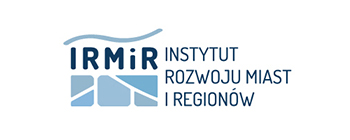Held from January 22nd until January 26th 2024, the visit was joined by 11 representatives of cities and towns – beneficiaries of Norway Fund grants allocated to individual projects as part of the “Local Development” Programme. These included Kędzierzyn-Koźle, Konin, Ostrów Wielkopolski, Przemyśl, Stalowa Wola, Włocławek, Zabrze, Zgierz, Żary and Żywiec.
KS (Norwegian Association of Local and Regional Authorities) and local government in Norway
Can a local government association truly support local government evolvement and experience exchange – while boosting sector representation and its needs on legislative and systemic solution implementation levels?
Participants of a study visit organised by the Norwegian Association of Local and Regional Authorities (KS) and Association of Polish Cities were given an opportunity to hear and see how the Polish Association’s “twin” organisation operates in Norway. The Norwegian Association presented interesting areas of activities serving Norwegian municipalities. We particularly appreciated the concept of workshops organised whenever local elections are over, inviting councillors from all municipalities to attend. Such meetings make it possible for local government officials to co-operate while facilitating processes of disseminating key information on social, economic and environmental challenges and needs, organising coherent knowledge, and preparing for new roles, significant to local communities.
Social policy became the leitmotif for several days spent in Norway’s capital. Representatives of Polish municipalities found issues of receiving and integrating refugees to be of particular interest.
Integrating refugees
Municipalities are the actual bodies responsible for integrating refugees in Norway. Persons seeking asylum pursuant to international law are the largest refugee group, the waiting procedure at reception centres extraordinarily lengthy. “Allocation refugees” are another group, the parliament passing annual decisions regarding the actual number of persons to be taken in. Last but not least, there are persons extended temporary protection: approximately 70,000 Ukrainians have arrived in Norway since the outbreak of the war. The temporary protection period covers three years. The fate of these individuals is uncertain, studies conducted last year suggesting that most have no hope or plans for the foreseeable future.
Over the past 15 years, the number of refugees and persons extended temporary protection has grown over ten times.
KS’ role in this area of activity is as follows: KS enters into annual agreements with the National Commissioner for Refugees, specifying the form and manner of how municipalities are expected to receive refugees. Pursuant to aforesaid agreements, municipalities are obliged to receive refugees voluntarily, the government providing funds for their upkeep. Notably, this activity is purely voluntary, refugees arriving at intervals allowing a reasonable inclusion and integration process. Owing to such attitudes and openness, decisions are made locally on the one hand; on the other, refugees are not referred to large cities automatically, since the entire country is at their disposal.
The integration programme includes the following:
- Norwegian language classes,
- Preparation for and assistance in entering the labour market.
Long-term programmes of competence analysis and enhancement have been drafted. Persons included in the programme follow individual solutions designed to fit their competencies, long-term inclusion in the labour market the ultimate goal.
Nonetheless, the programme had to be amended once Ukrainians began arriving in the wake of the war. No longer an option, long-term programmes had to be replaced with fast-track solutions, a major challenge for participating municipalities.
Norwegian refugee receiving procedures: the structure
Assistance needs for the given year are analysed on the national level. This is done by the national government in collaboration with such organisations as the KS, and followed by a simulated distribution of individuals in question between fifteen regions. Municipalities decide on a local level whether and how many refugees will be received. The decision then becomes a basis for organising local support programmes, which include integration-and-inclusion and educational tasks as well as a service support structure comprising accommodation, kindergartens, schools, healthcare, cultural services, etc.
Funds supporting refugee integration amount to approximately EUR 50,000-65,000 per refugee for a five-year period. Municipalities receive sufficient funding to provide refugees with any services they may require. Yet the system itself extends beyond funding as such.
New issues
Municipalities are experiencing ever-greater issues with securing, allocating and providing accommodation.
The extended scope of services tying in with receiving refugees has given rise to difficulties with delivering a wide range of municipal services to all local residents. Secondly, issues have been arising at individual service provision venues, such as school system facilities taking in a growing number of foreign children, the latter making it difficult to deliver educational curricula as designed.
Introductory programme assumptions
- Participants collect benefits throughout the duration of the programme (equivalent of our internship),
- The programme includes Norwegian language classes, competence analysis, and assistance in entering the labour market.
Representatives of Polish cities and towns were interested in the dilemma of refugees preferring to transfer to large cities. Norway has resolved the issue by introducing a so-called single offer system. Should an individual refuse to attend the programme at the location offered, he/she can resign therefrom, and choose to support him- or herself independently.
Norwegian experience has suggested that memorandum attempts are of key importance: national and local agreements serve the purpose of building trust and co-operation.
A major discussion ensued regarding issues and challenges faced by local governments in Poland. Comments regarding a sense of insufficient support offered on the national level prevailed, as did conclusions concerning a lack of national-level strategies or comprehensive approaches. We are “wasting the potential” of refugees arriving to Poland by failing to offer cohesive and/or well- designed educational and integration-supporting programmes.
Next parts of Oslo visit-related accounts will focus on social welfare services, social assistance in Norway, and the Norwegian social insurance system.
Aleksandra Kowalska

